Science is the study to explain the relationship between cause and effect and this relationship is explained through induction and deduction of logical interpretation. Each and every indigenous community possesses a specific wisdom within a distinct domain in which their sustenance activities are limited and this great heritage of folk knowledge clearly reflects a scientific base which may be termed as ethno-science. The present treatise is on the Abujh Maria, a primitive tribal group of Bastar district of Chhattisgarh, who are shifting hill cultivators and are confined in a particular territory known as Abujhmarh. The life and culture of the Abijh Marias are also cherished under the lap of forest environment. Behind all shadow of beliefs, some kind of concept of science is reflected which in turn controls their livelihood and surrounding niche. With this wisdom they not only exploit the natural resources but also conserve and preserve their biodiversity. The close co-relationship has been highlighted between their terrestrial set-up and celestial world. Which ultimately has an impact on their subsistence economy and eventually it leads to restart their family size. Due to their prolonged association with forest environment they have also developed a folk knowledge with scientific explanation which helps them during their ailment where various kinds of local herbs, plants, tubers and roots etc. at their niche are applied. Cognizance of their environment as well as mode of Conservation of their biodiversity speaks a kind of dominance of Knowledge in ethno-science.
ABOUT THE AUTHOR Amitabha Sarkar
Dr. Amitabha Sarkar has a Ph.D. in Anthropology from Calcutta University. His valuable empirical research in the arena of anthropology is ethnography, primitive art, culture change with special emphasis on the impact of industrialization and cultural ecology. Dr. Sarkar has published two books – Toto: Society and Change, and Dhodia: Industrialisation and Change in a Primitive Community. About twenty-six research papers have appeared so far in various leading scientific journals. He was nominated by the American Biographical Institute, Inc. U.S.A. and is a recipient of the Man of the Year, 1994, an international diploma of Cultural Honor and the 20th Century Achievement award. He joined the Anthropological Survey of India in 1977 and is serving as the Anthropologist and Head of the Department at the Anthropological Survey of India in Jagdalpur, Bastar (Madhya Pradesh).
ABOUT THE AUTHOR Samira Dasgupta
Dr. (Mrs.) Samira Dasgupta (b. 1953) is a research personnel in the Cultural Anthropology Division of Anthropological Survey of India. She obtained her B.Sc. and Ph.D. degrees in Anthropology from the University of Calcutta. Her special interest is to study tribal ethnography, culture ecology and culture change in which these tribal people face a bi-cultural situation. She has till now completed several research projects from Anthropological Survey of India, Calcutta and submitted the reports to the office ad carried out extensive field work in the Chotanagpur plateau of Bihar, West Bengal, Rajasthan, Gujarat and also in various remote and isolated pockets of Bastar districts of M.P. She has also authored a book Birijia: Society and Contributor of articles and research papers to reputed journals and at this moment she has published about twenty three research papers in her credit. Dr. (Mrs. Dasgupta has joined the Anthropological Survey of India in 1977 and presently posted at it’s Sub-Regional Centre, Jagdalpur, Bastar (M.P.)


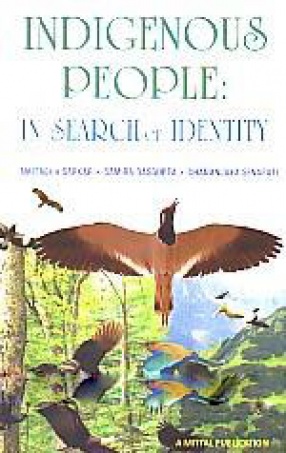
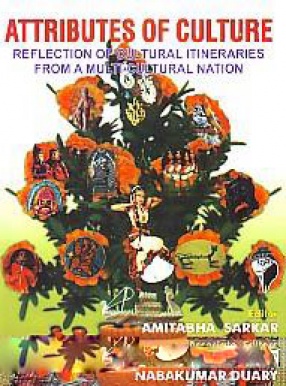
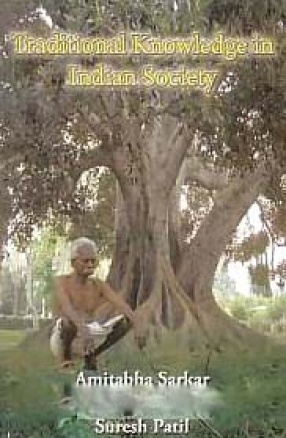
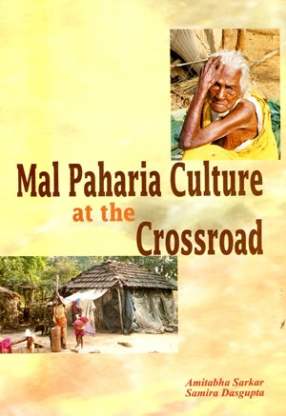
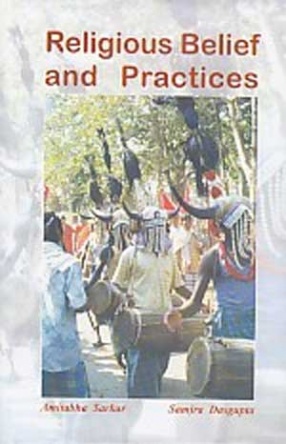

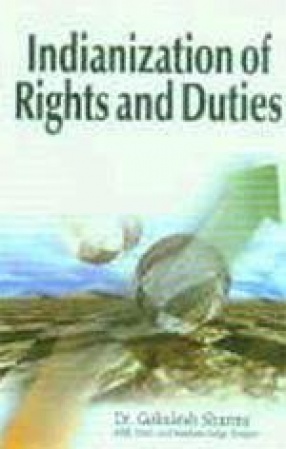
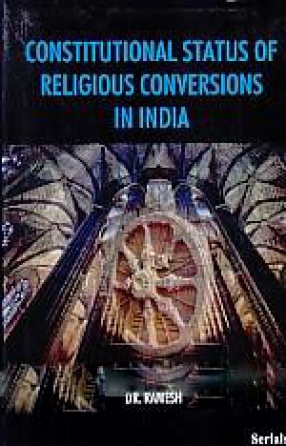
There are no reviews yet.